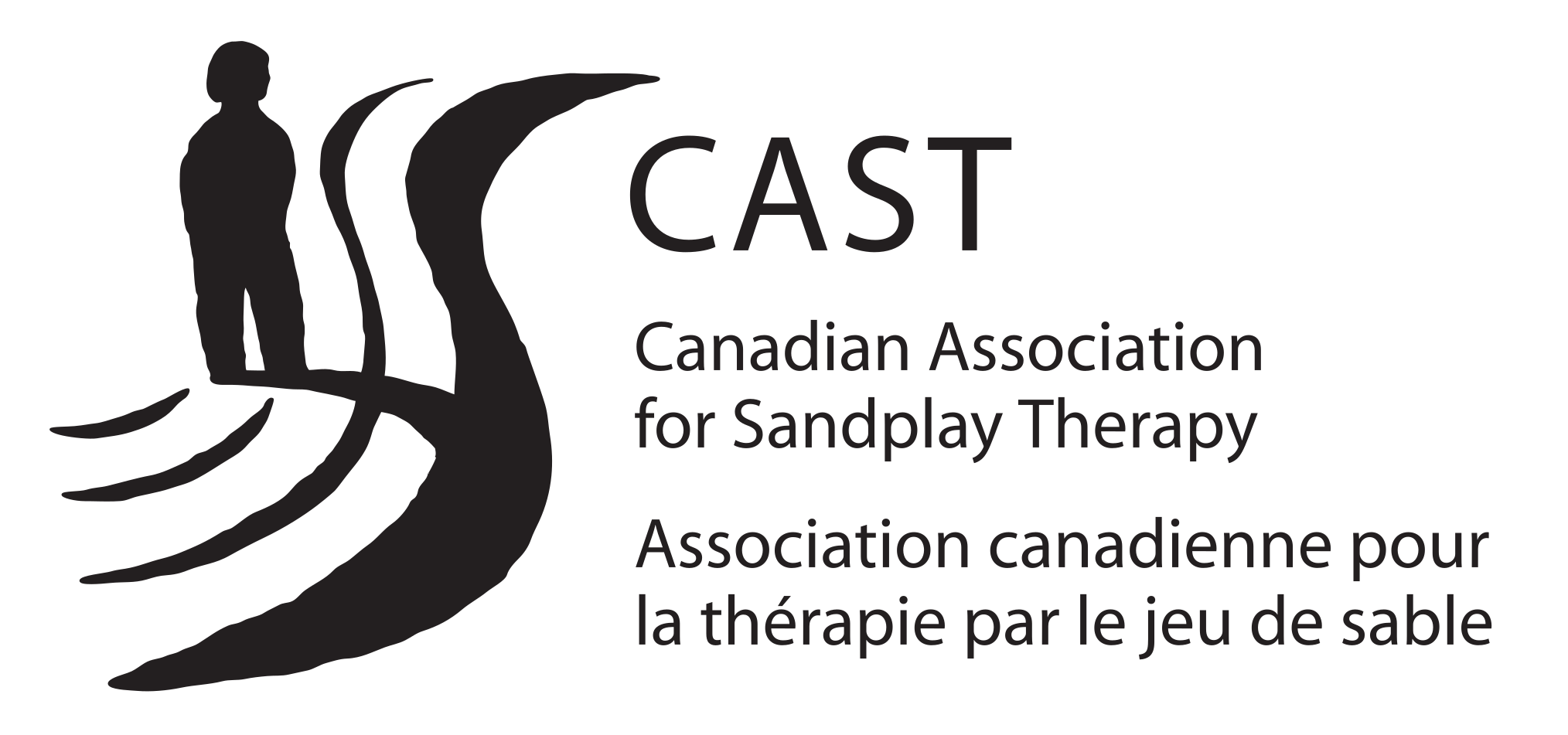Program Overview

Training in Sandplay Therapy is modality-specific continuing education and does not by itself provide the qualifications to practice psychotherapy. It is the responsibility of all professionals to ensure that your use of Sandplay Therapy complies with provincial licensure or registration in order to practice under the umbrella of your chosen profession.
VALUES
Inclusion, Diversity, Equity and Accessibility
CAST acknowledges systemic and cultural structures that privilege certain groups, and the potential for discriminatory and oppressive values to penetrate the field of Counselling/Therapy/Psychotherapy.
We commit to respecting and honouring the diverse histories, languages, cultures and experiences of Indigenous peoples including First Nations, Inuit and Métis.
We extend this respect and honour to the diversity in our community and in our practices that includes but is not limited to race, ethnicity, national origin, gender identity, gender expression, sexual orientation, age, disability both visible and invisible, neurodivergence, socio-economic status, class or religion.
We are committed to creating an inclusive environment that brings together diverse perspectives from our students, teaching members, board members, and members of our community. Together we strive to advance excellence in clinical practice and teaching in the field of Sandplay Therapy in ways that are equitable, diverse, accessible and inclusionary. We place human rights and dignity at the centre of our educational initiatives, and promote adherence to these values in the practices of our members.
Training
CAST offers two streams of sandplay training: one leading to international certification as a CAST/ISST Certified Sandplay Therapist; the other leading to national recognition as a CAST Sandplay Practitioner. The distinctions between these pathways are outlined on the Two Training Streams page.
Our Faculty of ISST/CAST Teaching Members facilitate the training modules, supervise sandplay cases, advise advanced candidates, and evaluate training interns. These teacher-supervisors are also CAST/ISST Certified Sandplay Therapists and qualified for independent practice of psychotherapy. You can read more about our Faculty here.
Program Components: Both streams of our training program require 100 hours of theoretical training, a personal Sandplay process, supervision hours, and one or more written papers. You can learn more about these requirements on the Two Training Streams page.
Personal Sandplay Process: One of the experiences that is considered essential for a practitioner of sandplay is the completion of a personal sandplay process, which must be undertaken with an internationally Certified Sandplay Therapist who is a member of ISST. The discoveries and insights that occur during this process should ideally precede advanced studies in sandplay. For this reason, it is expected that candidates participating in higher levels of the program will have at least begun their personal process. To meet this requirement in Canada, see the list of CAST/ISST Certified Sandplay Therapists who are offering personal sandplay process.
Getting Started
Interested professionals may begin sandplay studies with an initial training module or introductory workshop, depending on the program structure in your area. Alternatively, you may begin with an embodied experience of sand and miniatures through your personal sandplay process. If you are interested in beginning your sandplay studies, please reach out to a sandplay teacher or therapist in your area for more information about these options.
As candidates progress through the training program, you will complete a series of Levels, each with specific steps to achievement and corresponding privileges. Application forms for each Level will be evaluated by our faculty and Registrar.
The Levels of CAST Training document below provides a comprehensive overview of these steps, including an illustrative flowchart. Our faculty will review the Levels process in detail during your initial training.
Entry Requirements
Canadian applicants for training beyond an introductory workshop will be considered by one or more CAST/ISST Teaching Members. The entry requirements are distinct for the two different types of professionals below (for more information see the Two Training Streams page).
A) Candidates who are licensed or registered to practice psychotherapy independently are expected to provide evidence of the following qualifications:
- a university education in medicine, psychology, education, theology, clinical social work, marriage and family counselling, or expressive arts therapies, psychiatric nursing, or other related fields. Persons not having this type of university education but who can demonstrate an adequate combination of experience and educational background will also be considered by the accepting CAST/ISST teaching member or committee.
- knowledge of psychopathology, psychodiagnosis and psychotherapy which, preferably, have been achieved by formal study and which have also included applied clinical experience with patients/clients;
- evidence of having had some in-depth inner development and insight such as can be achieved in the experience of personal analysis or psychotherapy; and
- licensure to practise psychotherapy in provinces and regions where licensure is required.
Exceptions may be allowed in special circumstances, such as studies currently underway.
B) Candidates who are not so licensed or registered and who work in an employed setting are expected to provide evidence of the following qualifications:
- academic or other professional qualifications leading to knowledge and practice in a field related to mental health including, for example, art therapy, nursing, education or theological studies;
- if applicable, experiences leading to in-depth inner development and insight, which may include personal therapy, workshops, experiential learning and continuing education which include reflective process and practice.
See the Level I Training Application Form here. The teacher of your training workshop or module will advise you when you are required to complete this application.

